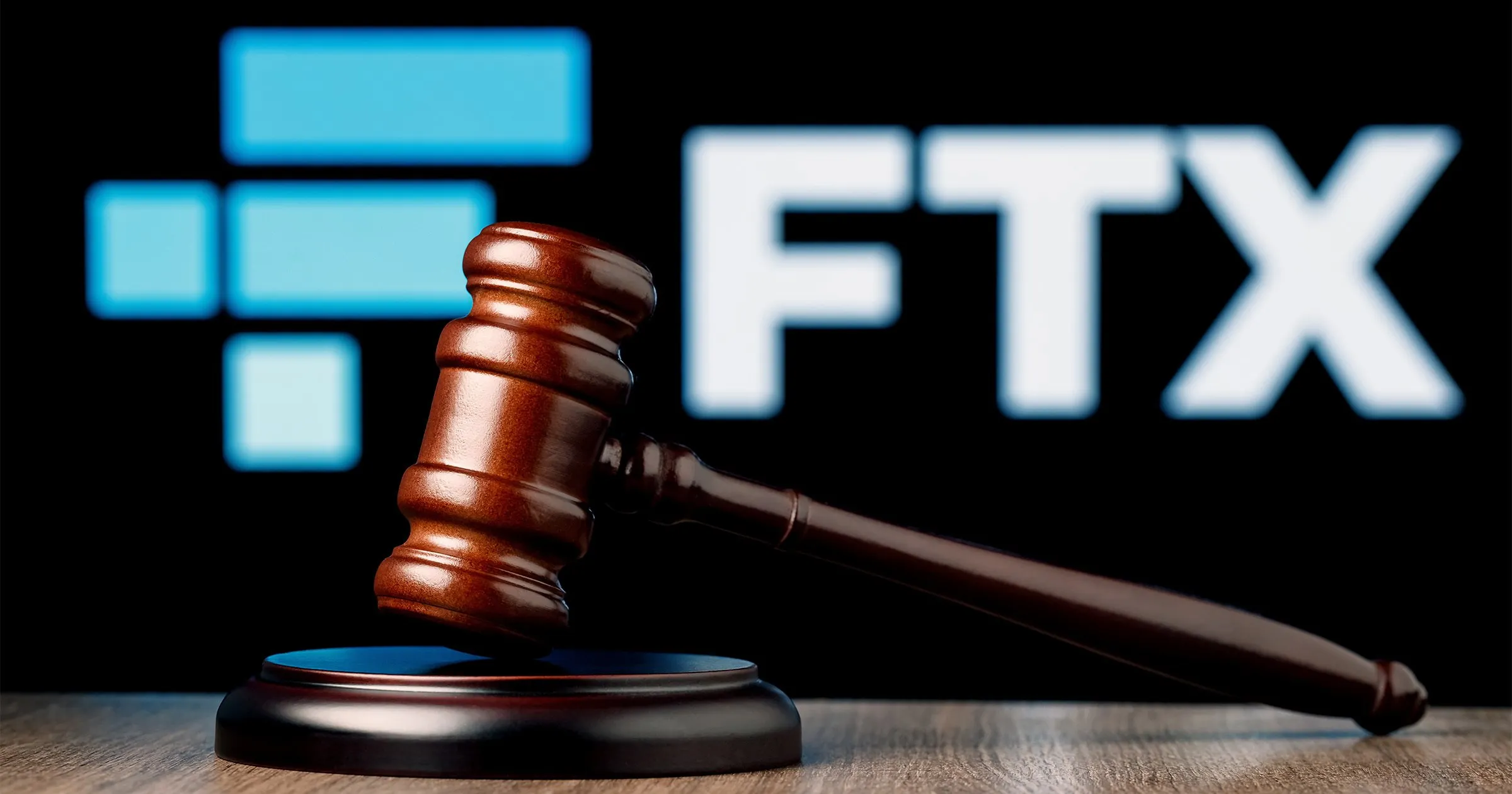In a fiery victim impact statement, FTX's chief executive accused the crypto company's disgraced founder Sam Bankman-Fried of peddling "categorically, callously, and demonstrably false" claims about customer losses while showing no remorse for the billions allegedly stolen in one of history's biggest frauds.
The statement by John J. Ray III, a seasoned corporate restructuring specialist overseeing FTX's bankruptcy, directly rebutted Bankman-Fried's assertion that the "harm to customers, lenders, and investors is zero" and that money was "not lost" because FTX entities were solvent when the firm collapsed in November.
"Mr. Bankman-Fried cites 14 lines of the transcript from the January 31, 2024 bankruptcy court hearing and three news reports of the hearing, Ray wrote in the statement filed ahead of Bankman-Fried's sentencing in federal court in New York on Friday. "However, Mr. Bankman-Fried ignores pages and pages of important commentary, qualifications, and caveats from that hearing."
"The harm was vast. The remorse is nonexistent. Effective altruism, at least as lived by Samuel Bankman-Fried, was a lie," Ray wrote.
Bankman-Fried, who cultivated an image as a socially-conscious wunderkind as he turned FTX into a crypto behemoth, was convicted in November on fraud and conspiracy charges. Prosecutors allege he orchestrated a years-long scheme to tap customer funds to finance risky bets, luxury real estate purchases and political donations.
Ray said that while a "very large team of dedicated individuals" has worked feverishly over the past 16 months to recover money and stabilize FTX's operations, Bankman-Fried's victims are unlikely to be made whole, noting that "customers, non-governmental creditors, governmental creditors, and non-insider stockholders have suffered and continue to suffer."
Bankman-Fried's contention that FTX was solvent was contradicted by "back door" borrowing by Alameda Research, a sister trading firm, which meant customer account statements showing cryptocurrency holdings were "incorrect," Ray said. Only 105 bitcoins were left on the FTX exchange when Bankman-Fried was ousted, against user claims for nearly 100,000 bitcoins.
"Why were the bitcoins missing? A jury has concluded beyond a reasonable doubt that Mr. Bankman-Fried stole them and converted them into other things," Ray wrote. "For that reason, they are not available to be returned in-kind to his victims."
Anticipated recoveries are "in no way assured" and remain highly dependent on the "voluntary subordination" of over $9 billion in government fines, Ray said, as well as consensual settlements with U.S. agencies and victory in future legal battles.
FTX's implosion last November sent shockwaves through the crypto industry, pushing Bitcoin below $16,000. At least $8 billion in customer deposits went missing in what authorities have called one of the biggest financial frauds in U.S. history.
Once a fixture on magazine covers and conference stages, Bankman-Fried now faces up to 50 years in prison when he is sentenced by U.S. District Judge Lewis Kaplan on March 28. Attorneys for Bankman-Fried have argued he should receive a far lighter punishment.
The sentencing comes just over a year after Ray, who previously oversaw the liquidation of Enron, took control of FTX in a last-ditch bid to stabilize the firm. Ray said his team's first move was invoking the bankruptcy court's automatic stay to halt a "disastrous collapse caused by Mr. Bankman-Fried's crimes" from engulfing the crypto ecosystem.
Ray described Bankman-Fried as continuing to live a "life of delusion," citing private writings revealing the crypto founder weighed using "radical honesty on Twitter" to smear restructuring professionals while claiming he had funding "ready to make customers whole."
"FTX was run for its very short existence by Mr. Bankman-Fried with hubris, arrogance, and a complete lack of respect for the basic norms of the law, which is all the more inexcusable given his privileged upbringing," Ray wrote.
The lead attorney for Bankman-Fried did not immediately respond to a request for comment.

